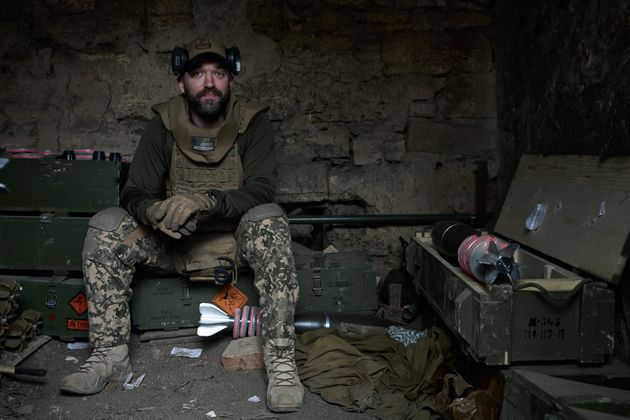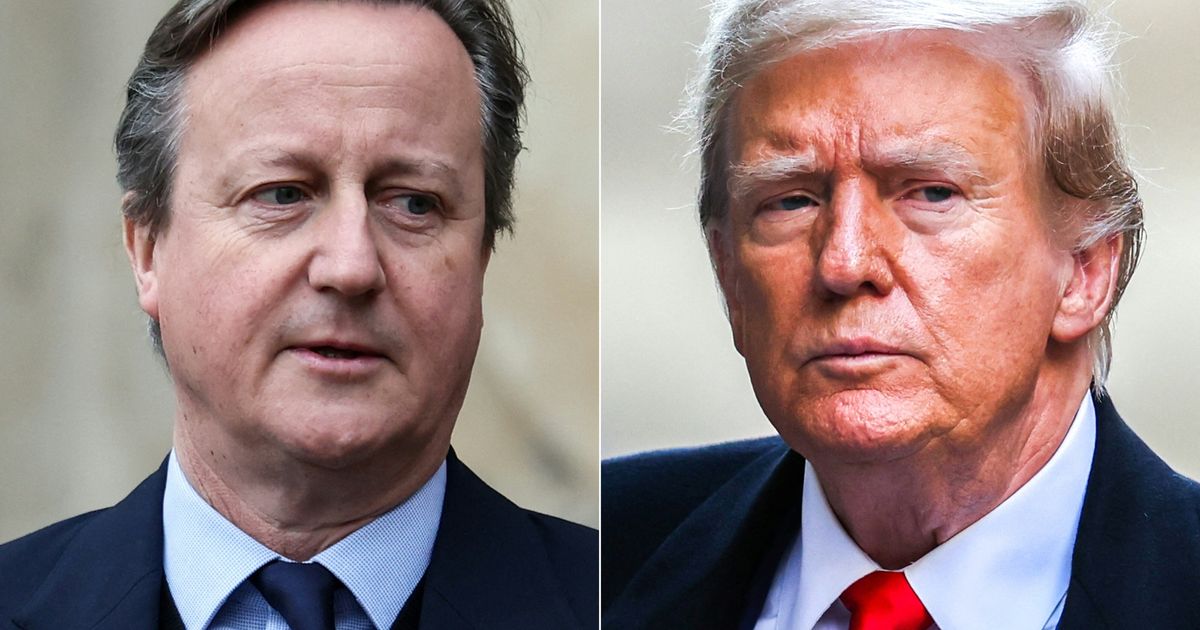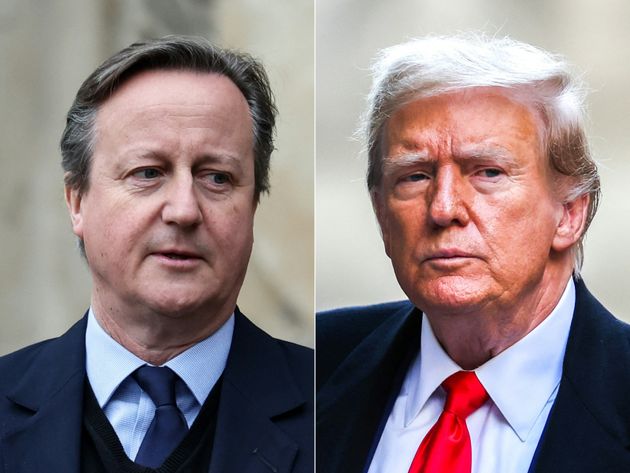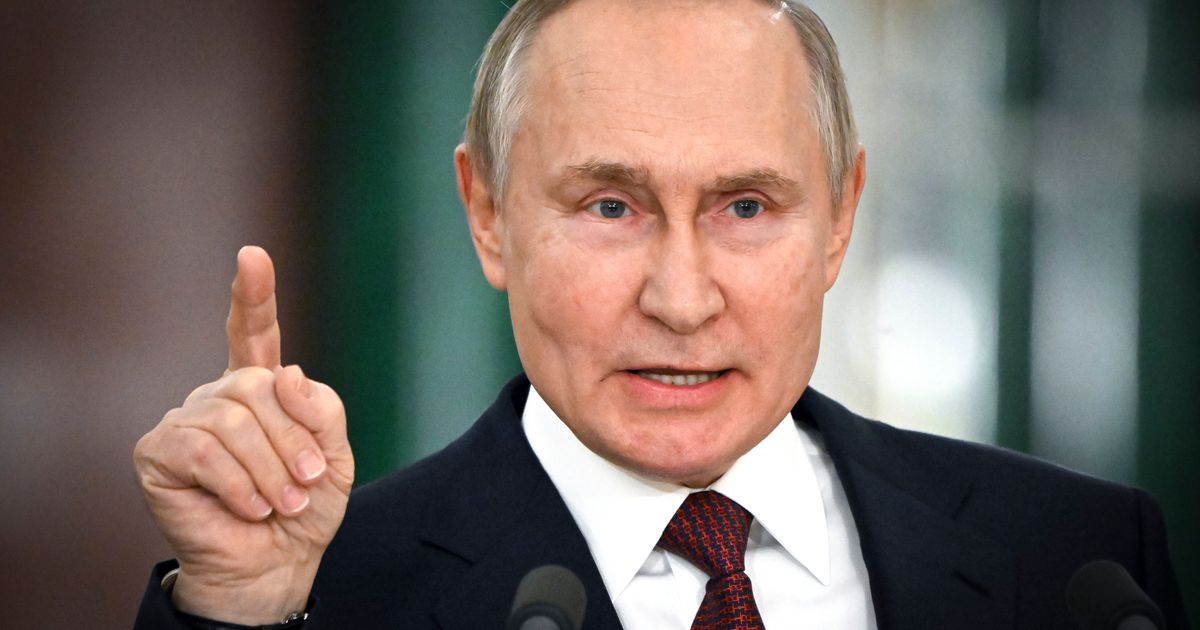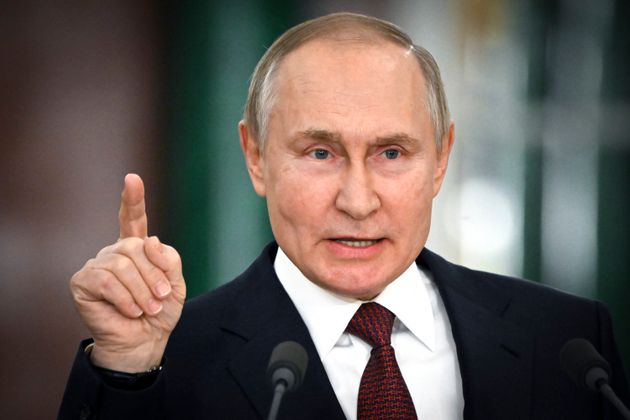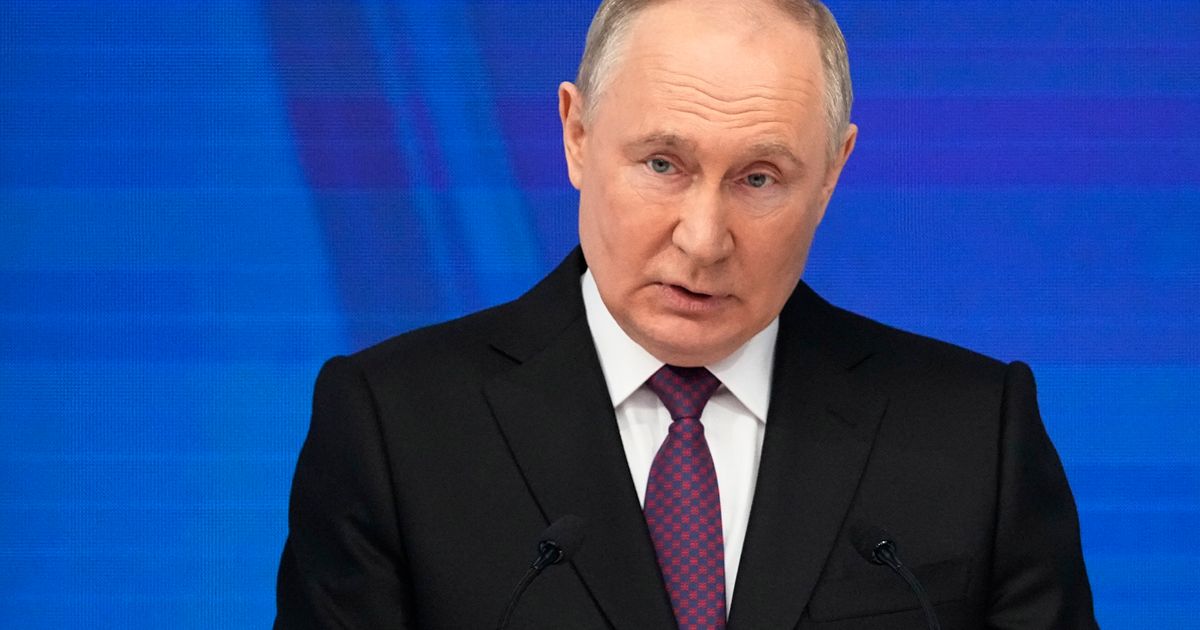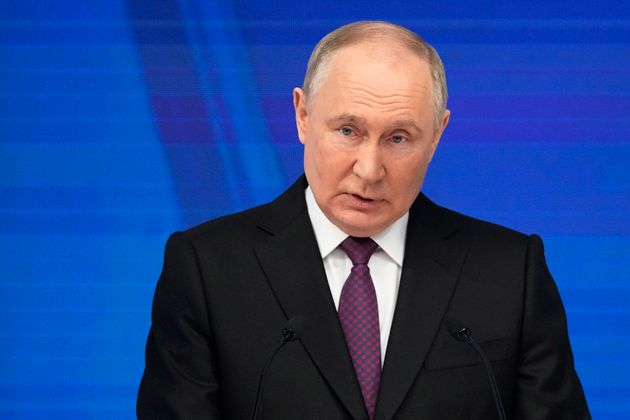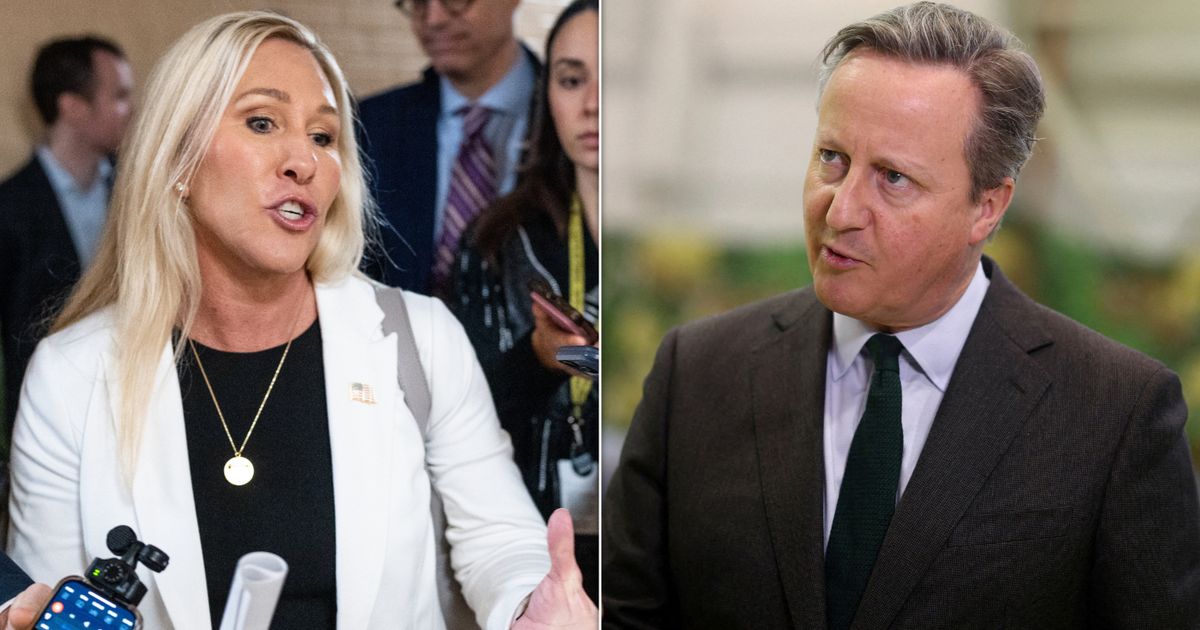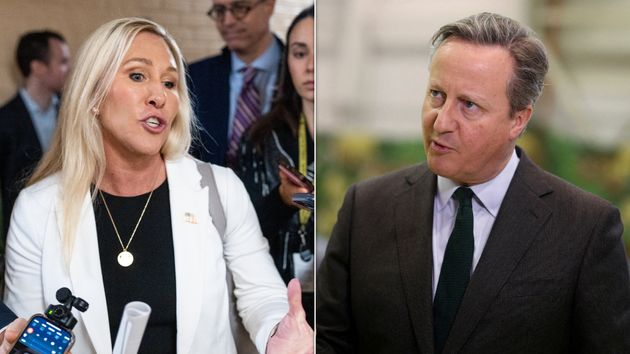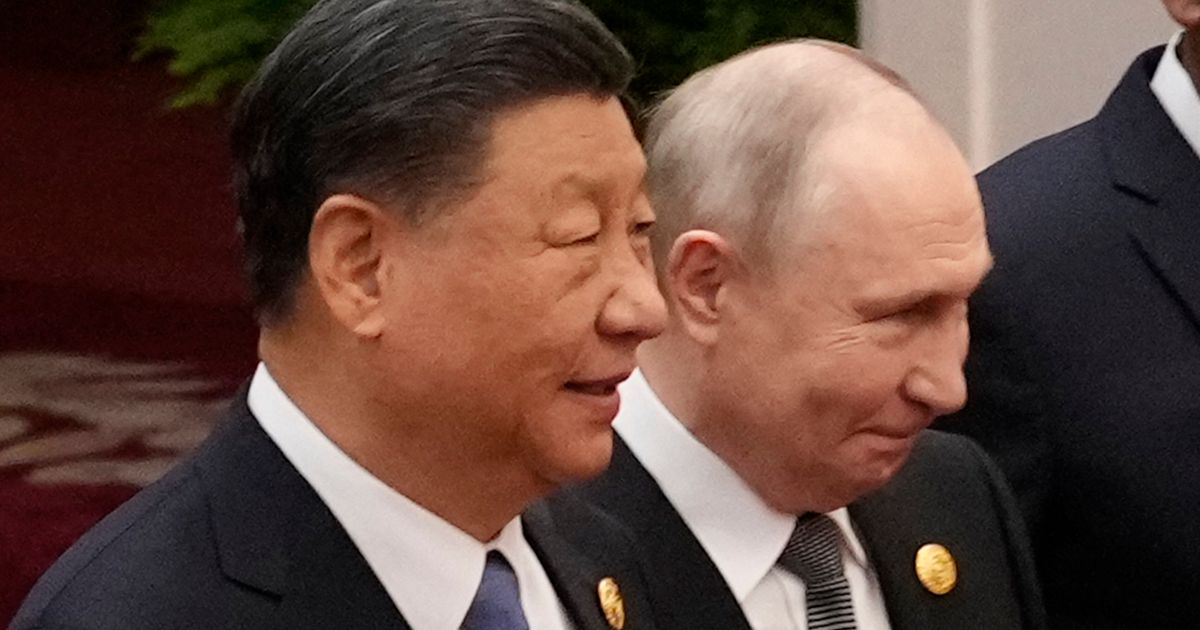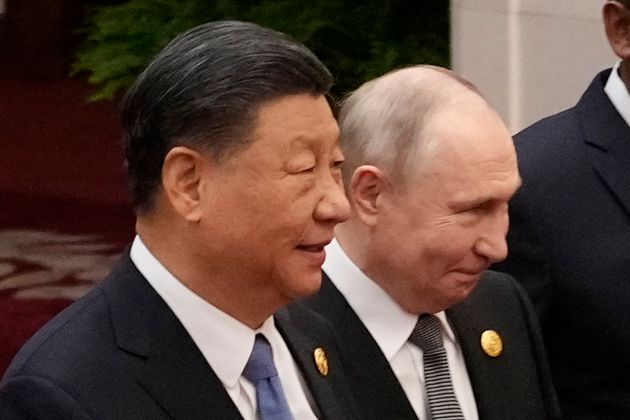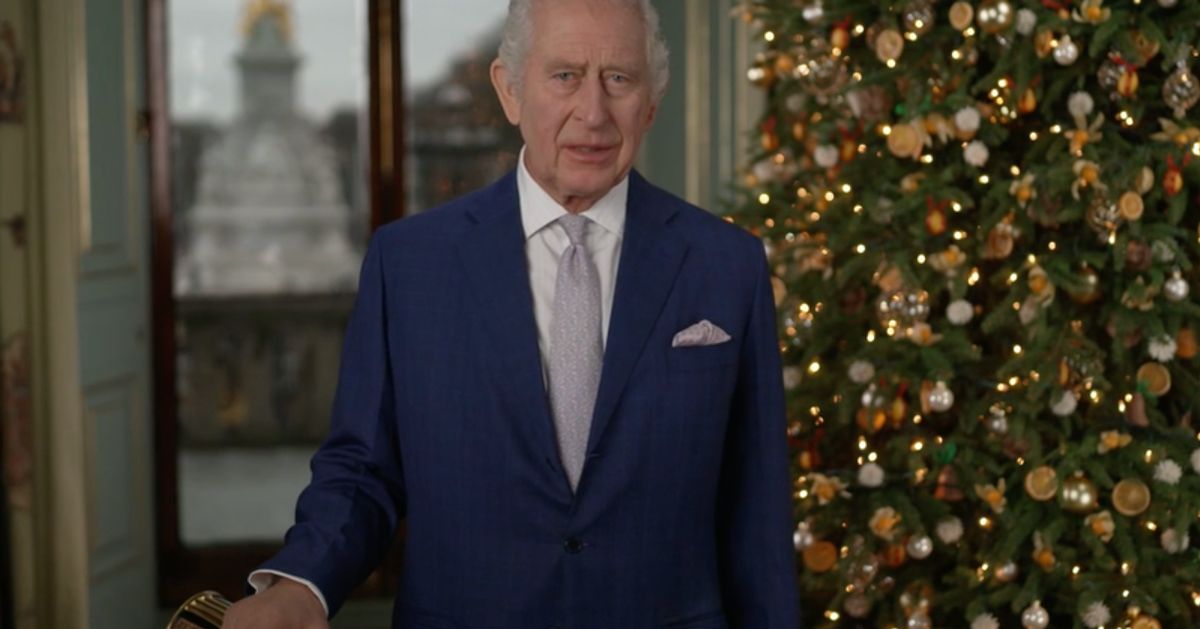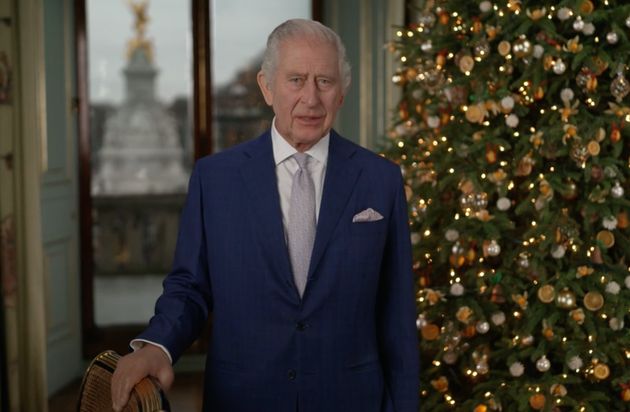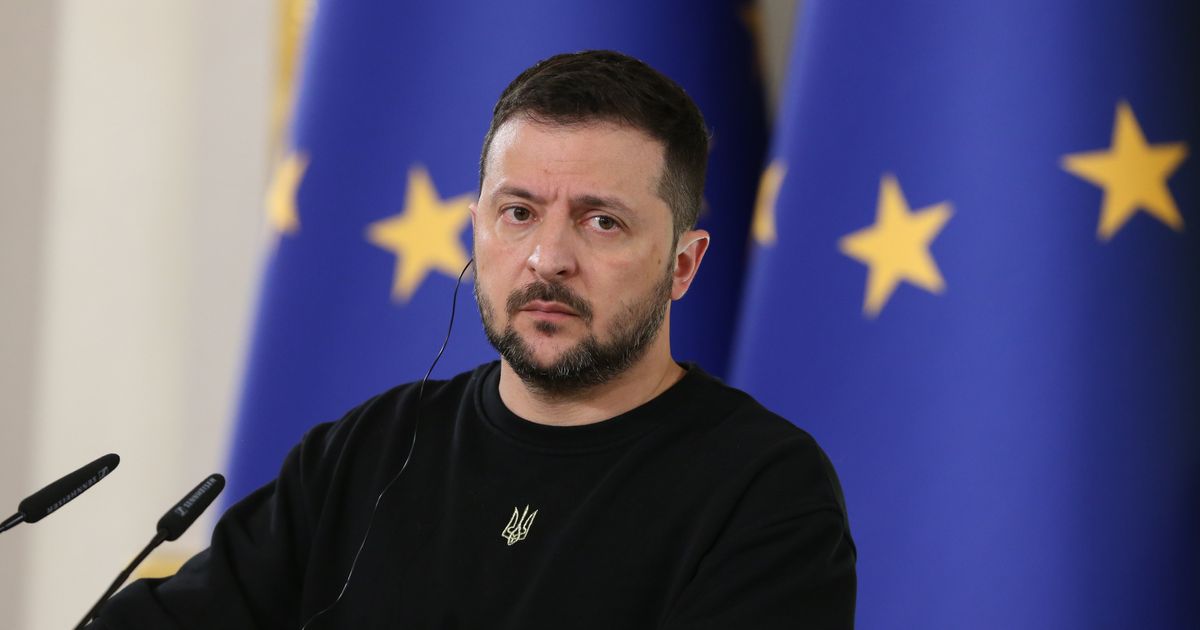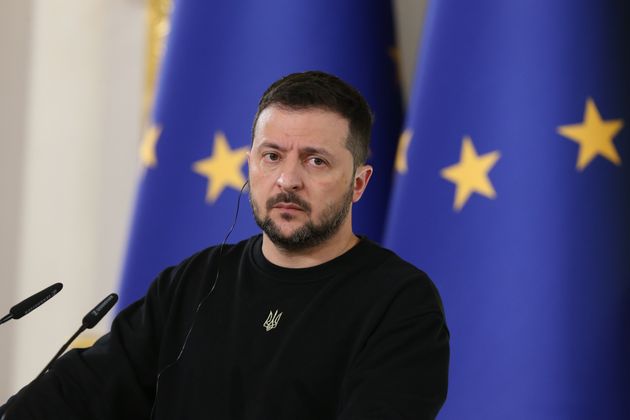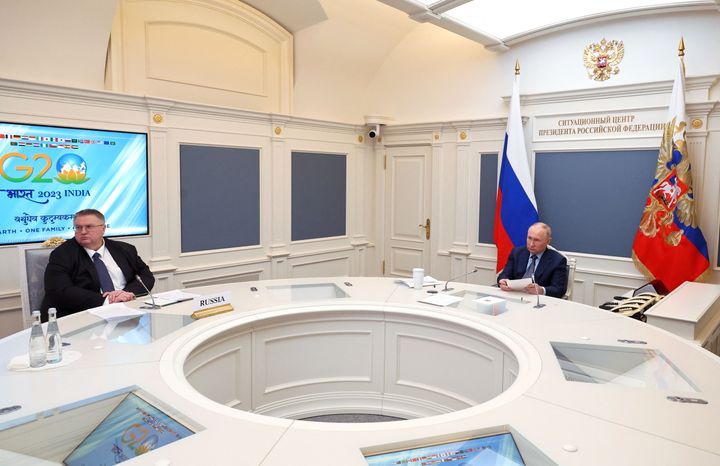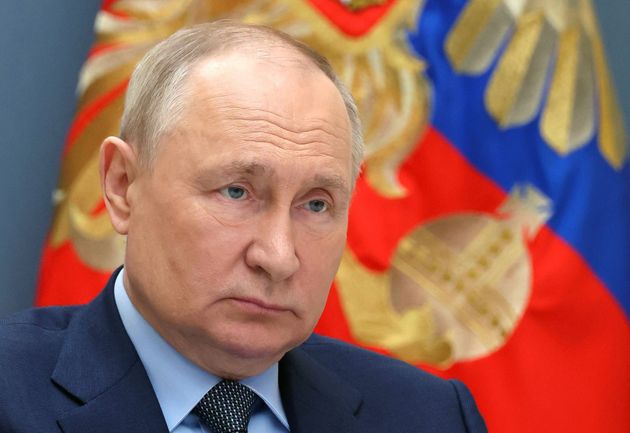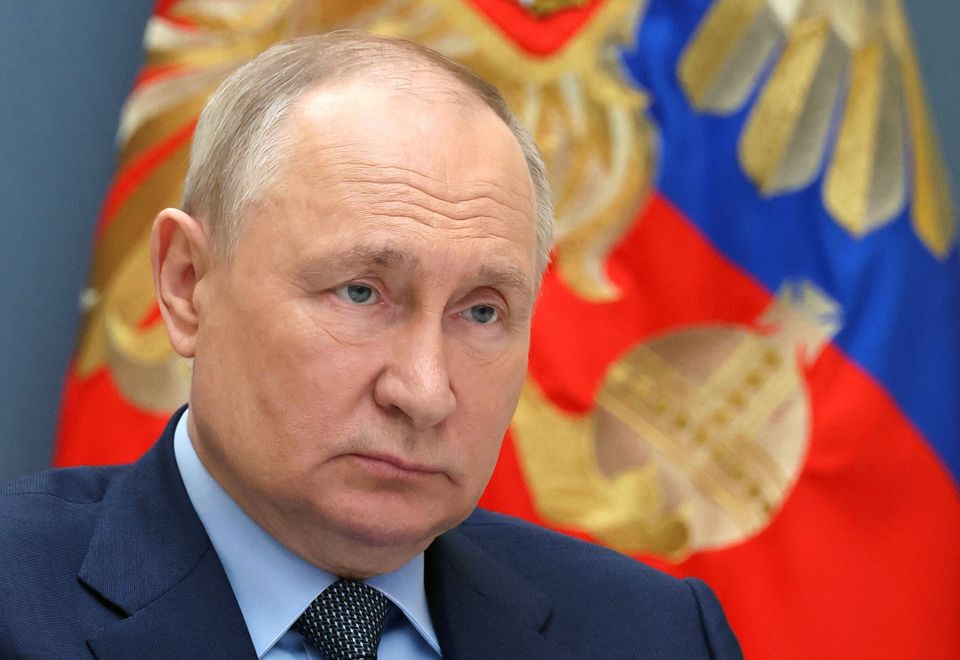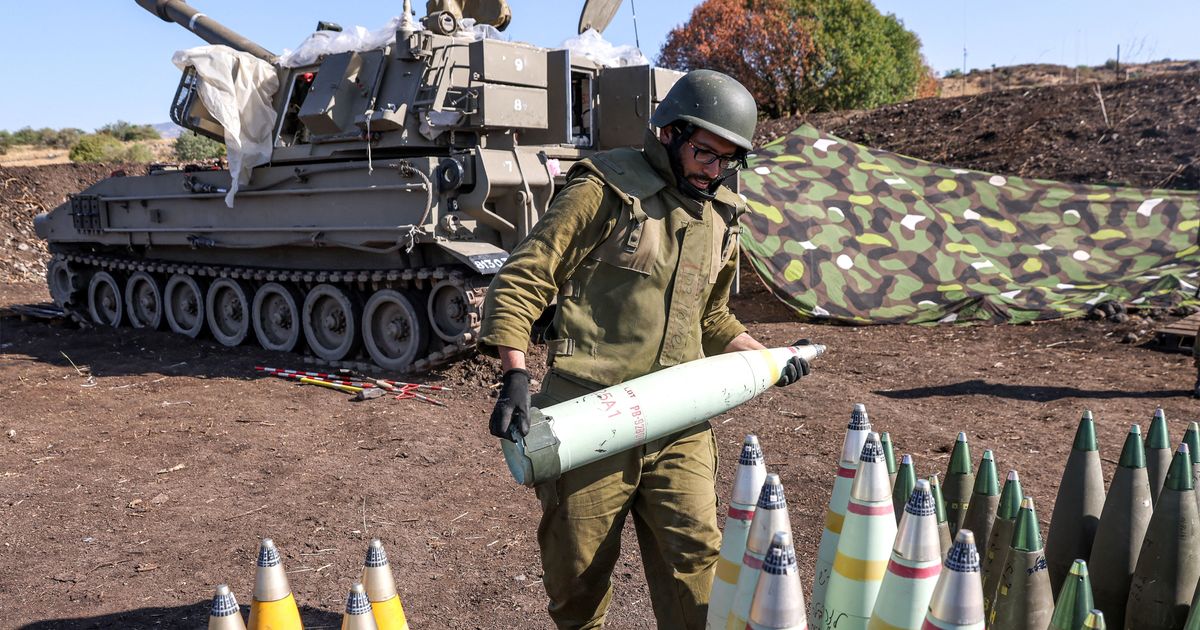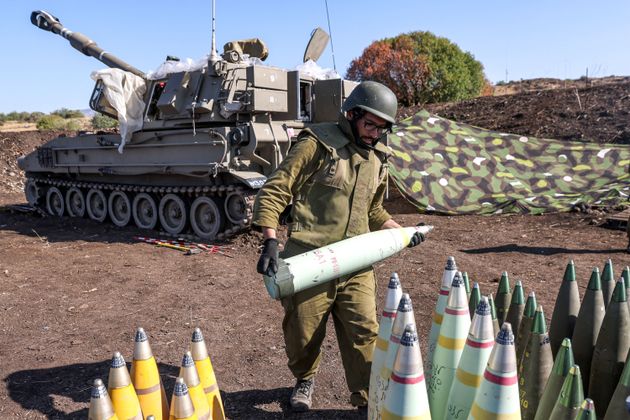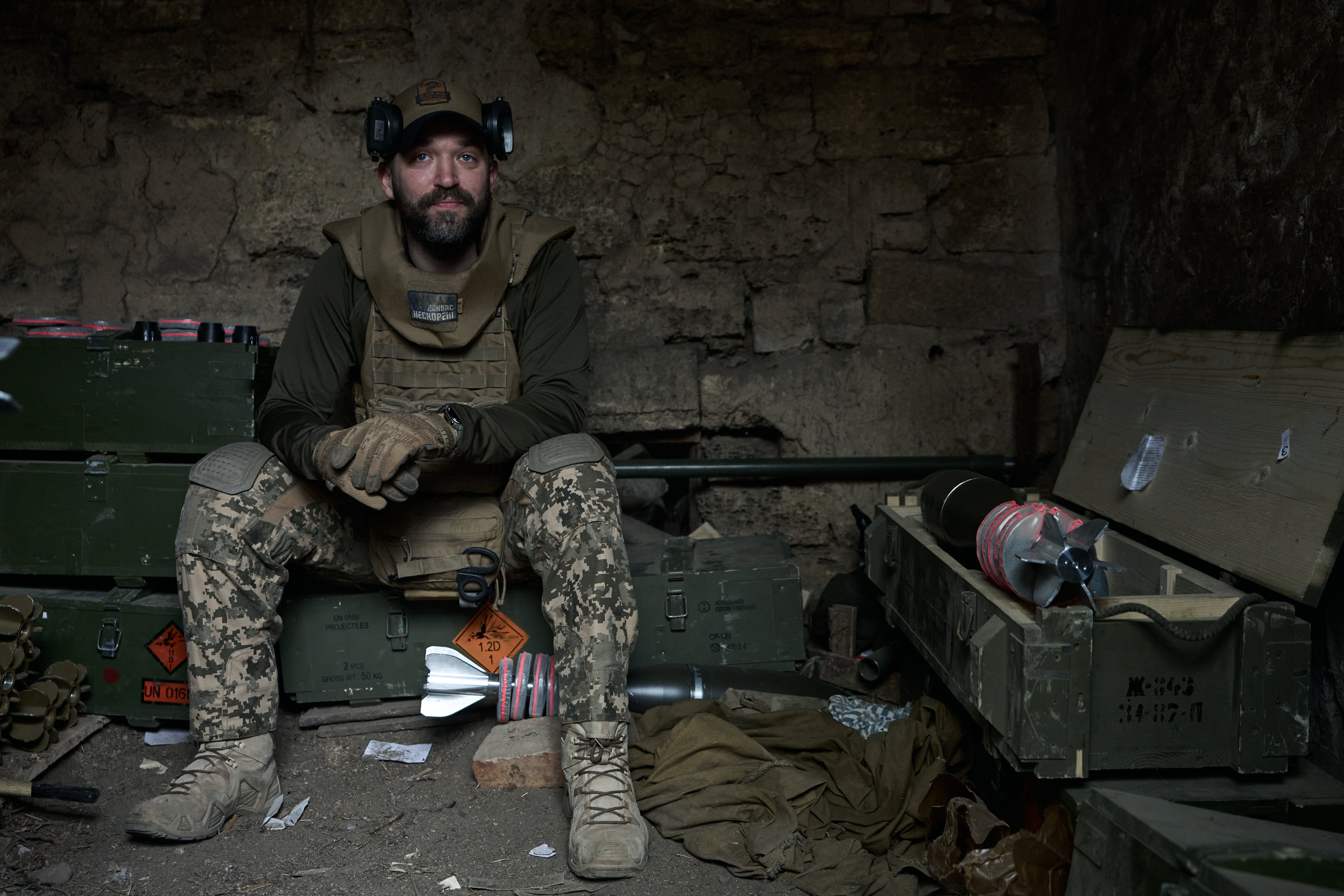
The House of Representatives approved a $60.8 billion (£49 billion) package of aid for the embattled country of Ukraine on Saturday, ending a months-long attempt by Republicans to leverage the Ukraine money to extract concessions on border security from the White House.
The overwhelmingly bipartisan vote, 311 to 112, was never in doubt even as the path to get to the vote was a long and circuitous one beginning in September of last year.
Advertisement
As in past votes, the final tally was bipartisan, but weighted toward Democrats ― 210 voted in favour, joined by 101 House Republicans. A majority of Republicans, though — 112 — voted against the aid, while no Democrats did.
“This is now up to the American people,” said Representative Mike Quigley (Democrat, Illinois), a co-chair of the bipartisan Congressional Ukraine Caucus, noting that the money should be enough to get Ukraine past the US elections later this year.
“The decision in November will be a decision for Ukraine and Eastern Europe and NATO. That’s the next turning point.”
The bill is one in a four-part, $95 billion (£76.8 billion) package, which also includes $26.4 billion (£21.3 billion) in military aid for Israel and $8.1 billion (£6 billion) for Taiwan and other Asian allies. Another bill in the package also allows for confiscation of official Russian government assets in the US and requires social media app TikTok to divest its US operations from its Chinese owners or face a ban.
Advertisement
It heads now to the Senate, which passed a very similar package without the Russian asset seizure and Tiktok divestiture language, in February. While opponents of the aid to Ukraine are expected to try to delay passage, the Senate vote in February had 70 backers.
President Joe Biden has signalled he will sign the bill once it clears Congress. That would put an end to a fight Republicans picked in late September, when then-House Speaker Kevin McCarthy (Republican, California) jettisoned a smaller $6 billion (£4.85 billion) Ukraine aid package from a stopgap spending bill, choosing to tie its passage to the White House and Democrats agreeing to border security changes.
After a few months’ standoff, Republican Senator James Lankford (Republican, Oklahoma) and Democratic Senator Chris Murphy (Democrat, Connecticut) tried to negotiate a bipartisan deal on Ukraine aid and border security — only to see it fall apart. Republican presidential candidate Donald Trump helped sink the bill by posting his disapproval of it on social media, causing Senate Republicans to balk.
The Senate bill funding Ukraine, Israel and Taiwan aid sat untouched by House Republicans for months — until Iran’s attack on Israel on April 13, which kicked efforts to pass Israel aid back into high gear.
House Speaker Mike Johnson (Republican, Louisiana), who had held off action on Ukraine aid, reversed course on Wednesday, saying, “I would rather send bullets to Ukraine than American boys.”
Advertisement
The vote on Saturday unfolded against the backdrop of that history, and while the outcome was not in doubt, emotions were still raw.
House Democrats on the floor passed out small Ukrainian flags and waved them as the time to vote ticked down. This angered some Republicans who called for the presiding officer to enforce the chamber’s rules of decorum that prohibit literal flag-waving.
The episode also showed that Republicans still believe the border remains a potent political issue.
“We had members of Congress in there waving the Ukrainian flag on the United States House of Representatives floor, while we’re doing nothing to secure our border?” said Representative Marjorie Taylor Greene (Republican, Georgia) “I think every American in this country should be furious.”
Representative Eric Burlison (Republican, Missouri) posted a picture of the Democrats and the flags to social media.
“Democrats waiving Ukrainian flags on the House floor tells you everything you need to know about their priorities,” he wrote. “Ukraine first, America last.”
Advertisement
To get around immigration hardliners within his own party, who opposed advancing the package without a border crackdown, Johnson turned to Democrats to both get it on the House floor and to pass.
That choice to work with them might have major repercussions for the speaker. After the vote to advance the new package bill on Friday, Greene picked up the support of another member, Representative Paul Gosar (Republican, Arizona), for her call for a vote on whether Johnson should remain in the speaker’s chair. With Representative Thomas Massie (Republican, Kentucky), Greene’s group has the numbers to depose Johnson if a vote came and no Democrats supported Johnson.
Greene told reporters on Saturday that she had no immediate plans to force the issue, and hinted that she may simply wait for new party leadership elections after November.
“He’s already a lame duck,” she said of Johnson. “If we had the vote today in our conference, he would not be speaker today.”
On the battlefield, Ukrainian officials have blamed Congress’ delays for recent losses, as Russian attackers have pressed the advantage. In February, Ukraine lost a long-held eastern outpost named Avdiivka, a development the White House blamed directly on an artillery shortage. And Kyiv lost a major power station when it ran out of air defence missiles, according to Ukrainian President Volodymyr Zelenskyy.
Advertisement
The delay may also have sent encouragement to Russian President Vladimir Putin, Democrats say. With the West’s attention drawn to the war between Israel and Hamas in Gaza, Putin has been able to step up the tempo of drone and missile attacks on Ukraine.
Representative Steny Hoyer (Democrat, Maryland) said the final package was essentially the same as what the Senate sent over in February, with the backing of 70 votes there.
“I’m sorry that we didn’t take it up immediately because I think we sent a muddled message to the international community about the resolve that this country had for defending freedom,” he said on Friday.

